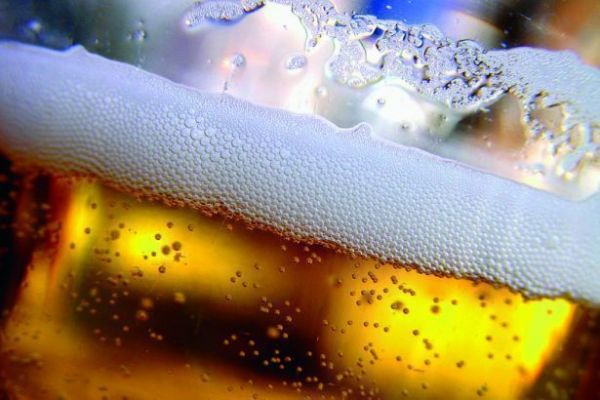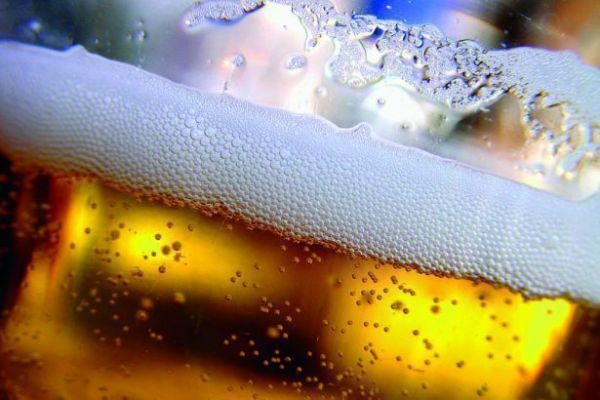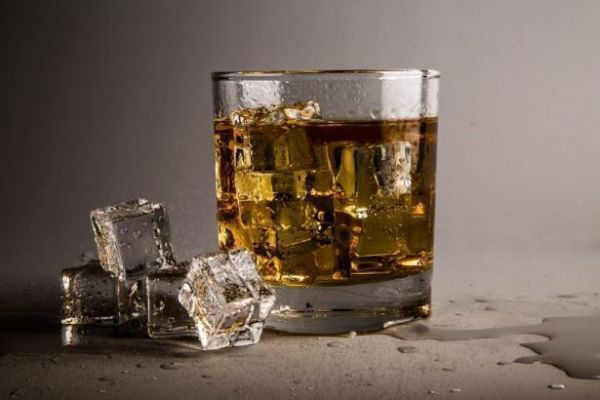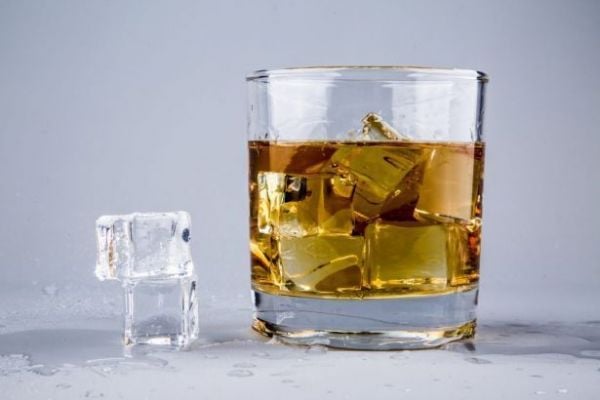Wine importers and distributors based in Ireland make a significant contribution to the economy, employing over 1,100 people directly and supporting thousands of other jobs in restaurants, pubs, independent off-licences, supermarkets and hotels that sell wine, according to the Irish Wine Association’s (IWA) annual ‘Wine Market Report’. The report notes that the continued growth in the economy is favourable for the wine industry but remarks that there are a number of challenges ahead including a possible excise increase in the Budget and the Public Health (Alcohol) Bill.
The IWA’s latest report also gives an insight into wine consumption habits among Irish consumers. Since 2001, the average per adult alcohol consumption in Ireland has declined by 23.3%, according to Revenue Commissioner data. Despite this overall trend, there was a 0.47% increase in wine consumption in 2017, highlighting the growing popularity of wine among Irish consumers. In 2017, sales of wine increased marginally from 9 million cases (9 litres) to 9.1 million cases.
Firm Second Favourite
The report notes that beer remains Ireland’s most popular alcohol beverage, but wine is a firm second favourite. The market share for wine increased marginally from 27.6% in 2016 to 27.7% in 2017. Beer has a 44.8% market share, down from 45.8% in 2017.
The wine report found that white wine is the most popular wine variant in Ireland, with a 50% share of the market. Red wine consumption fell by 2%, going from a 47% share to 45%. Meanwhile, rosé consumption increased in 2017 for the first time in many years, from 3% in 2016 to 5%.
According to the IWA, Irish consumers are choosing new world wines over old world wines. The top two countries from which we source our wine are Chile, which has 27% of the market share followed by Australia with 16.7%. After this there is France (12.7%), Spain (12.6%) and Italy (9.4%).
Alcohol Bill Challenge
The report also warned that the Public Health (Alcohol) Bill presents a significant challenge for the industry and will likely impact on choice for consumers. The legislation proposes mandatory cancer warning labels on all alcohol products sold in the Republic of Ireland. The legislation will mean that all Irish bound wine will have to be labelled differently and stored separately in warehouses across the world. This will add to the business costs for wine importers which might result in higher prices for consumers.
Excise Duty
The IWA report also notes that Irish consumers continue to pay the highest rate of excise duty on wine in the EU. Irish consumers pay an excise rate of €3.19 on a standard bottle of wine while the second highest rate in the EU is in Finland where consumers pay €2.54 per bottle. For sparkling wine, such as Champagne, Irish consumers pay €6.37 per bottle while the UK has the second most expensive rate of €2.99 per bottle. Of the 28 EU member states, 14 charge no excise duty on wine. In 2017, the sector paid €382 million in excise to the exchequer, an increase of €2 million from the previous year
"Challenges On The Horizon"
Jim Bradley, chair of the Irish Wine Association and Chairman of Febvre & Company, said, “Today, Irish consumers are more sophisticated when it comes to food and they are blessed with an array of some of the world’s finest wines, which are ideal for food pairing. We saw wine consumption rise marginally in 2017 and the continued growth in the wider economy indicates that things remain favourable.
“However, there are a number of challenges on the horizon, including a potential excise increase in the Budget. Irish consumers are already hit with the highest rate of excise on still wine in the EU. The excise hit for sparkling wine is doubled for consumers without for no reasonable rational basis. This is effectively a tax on our celebrations.
“The most immediate challenge which the wine sector is facing is the Public Health (Alcohol) Bill which is at the final stages of the legislative process in the Oireachtas. The Irish Wine Association has major concerns with the measure calling for a mandatory cancer warning labels on all alcohol products, including wine, sold within the Republic of Ireland. This draconian measure presents a significant barrier to trade and will likely lead to less choice for consumers. Ireland is a relatively small market and wine producers making special accommodations for a legislative requirement such as a cancer warning label make Ireland an unviable market to export to. This measure will especially impact on smaller wine producers selling their specialist boutique wines to the Irish market.”
© 2018 Hospitality Ireland – your source for the latest industry news. Article by Dave Simpson. Click subscribe to sign up for the Hospitality Ireland print edition.









